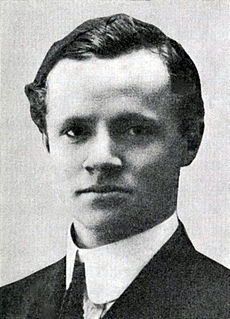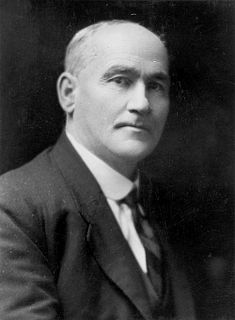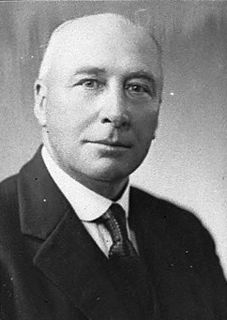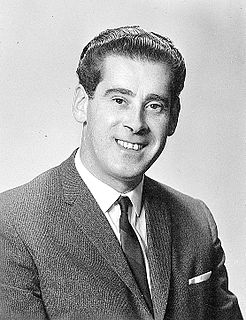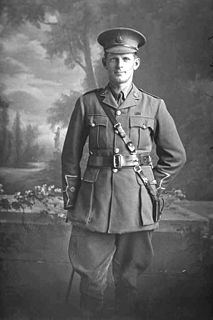Francis Edward O’Flynn (24 July 1872 – 18 June 1942) was a member of the New Zealand Legislative Council from 22 September 1937 to 18 June 1942, when he died aged 69. He was appointed by the Labour Government.
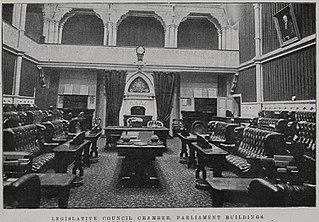
The Legislative Council of New Zealand existed from 1841 until 1951. When New Zealand became a colony in 1841 the Legislative Council was established as the country's first legislature; it was reconstituted as the upper house of a bicameral legislature when New Zealand became self-governing in 1852.

The First Labour Government of New Zealand was the government of New Zealand from 1935 to 1949. Responsible for the realisation of a wide range of progressive social reforms during its time in office, it set the tone of New Zealand's economic and welfare policies until the 1980s, establishing a welfare state, a system of Keynesian economic management, and high levels of state intervention. The government came to power towards the end of, and as a result of, the Great Depression of the 1930s, and also governed the country throughout World War II.
He was born in Greymouth, and was a schoolteacher. He was headmaster of Runanga School, and as a civil servant could not engage in politics. He wrote pamphlets for first the Socialist Party and then the Labour Party under the pseudonym of Ballot Box. In 1912 he co-authored a pamphlet about the Waihi miners' strike The Tragic Story of the Waihi Strike with Harry Holland and Robert Samuel Ross.
The New Zealand Labour Party, or simply Labour, is a centre-left political party in New Zealand. The party's platform programme describes its founding principle as democratic socialism, while observers describe Labour as social-democratic and pragmatic in practice. It is a participant of the international Progressive Alliance.
The Waihi miners' strike was a major strike action in 1912 by gold miners in the New Zealand town of Waihi. It is widely regarded as the most significant industrial action in the history of New Zealand's labour movement. It resulted in one striker being killed, one of only two deaths in industrial actions in New Zealand.
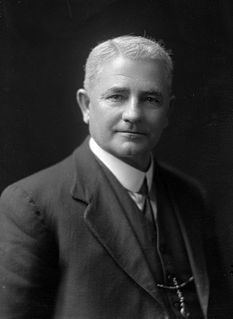
Henry Edmund Holland was an Australian-born newspaper owner, politician and unionist who relocated to New Zealand. He was the second leader of the New Zealand Labour Party.
He married Margaret Helen Valentine Duncan in 1915. Their son Frank O'Flynn was a lawyer and Labour Member of Parliament.
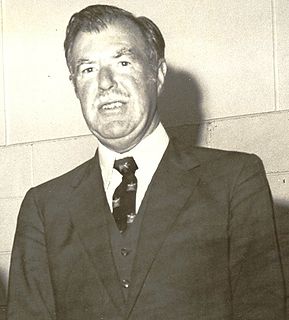
Francis Duncan "Frank" O'Flynn was a New Zealand politician of the Labour Party.


